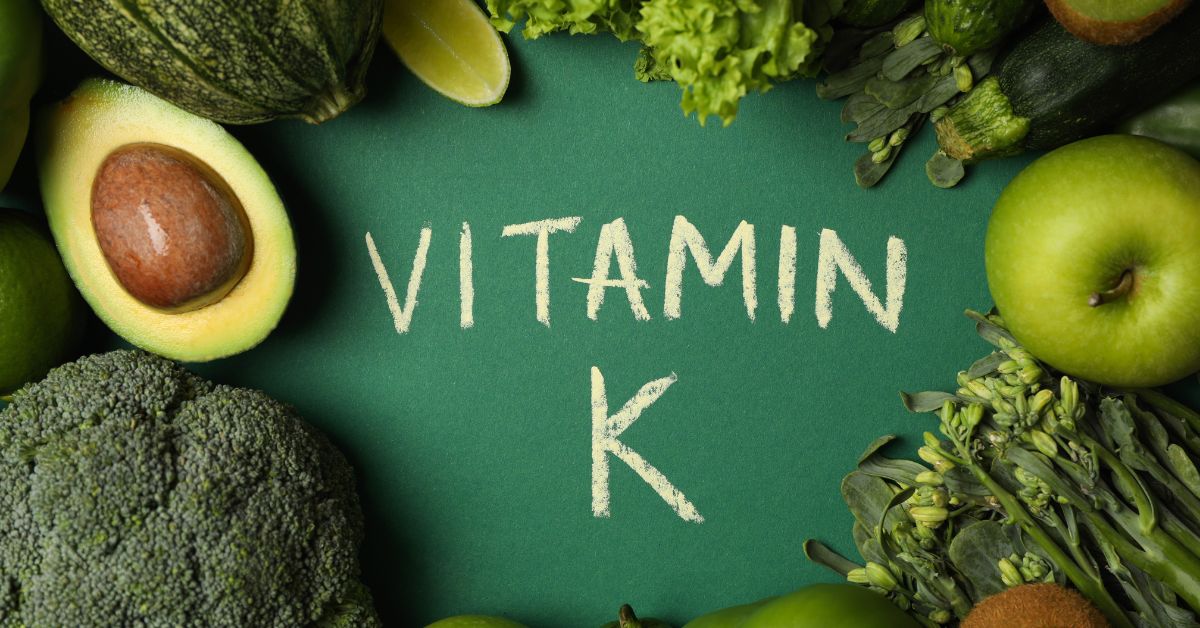What is Vitamin K?
Vitamin K is a fat-soluble vitamin essential for blood clotting, bone health, and various other physiological functions within the body. It exists in two primary forms: K1 (phylloquinone) and K2 (menaquinone). Both forms play crucial roles in blood clotting, a process known as coagulation, by facilitating the production of clotting factors in the liver.
In this article:
Additionally, Vitamin K contributes to bone metabolism, promoting the synthesis of proteins essential for maintaining bone density and strength. From wound healing to proper bone development, Vitamin K proves indispensable for supporting the growth, development, and overall well-being of children.
Why does your child need Vitamin K?
Children require Vitamin K in order to maintain their health, specifically regarding bodily functions supported by it. It is essential for blood clotting, preventing excessive bleeding in response to injury or trauma. Without adequate Vitamin K, children may be at risk of excessive bleeding or bruising, which can be detrimental to their health.
Vitamin K also supports bone health by aiding in the formation of bone proteins, contributing to optimal skeletal development and strength. Additionally, Vitamin K may play a role in other physiological processes, including cell growth and proliferation, although further research is needed to fully understand its implications.
What are the sources of Vitamin K?
Vitamin K can be found in a variety of foods, both plant and animal-derived. Incorporating these foods into your child’s diet can help ensure an adequate intake of this essential nutrient. Sources of Vitamin K include:
- Leafy green vegetables such as Spinach,Kale, Collard greens, Broccoli
- Vegetable oils like Soybean oil, Canola oil
- Fermented foods such as fermented soybeans
- Cheese
- Meat
- It is also present in smaller amounts in egg yolks and some dairy products.
How much Vitamin K does your child need?
The recommended daily intake of Vitamin K for children varies based on age and developmental stage. According to the National Institutes of Health (NIH), the following are the recommended quantities of Vitamin K for children:
| Age | Dosage |
|---|---|
| 0-6 months | 2 micrograms (mcg) per day |
| 7-12 months | 2.5 mcg per day |
| 1-3 years | 30 mcg per day |
| 4-8 years | 55 mcg per day |
What should I know as a parent regarding Vitamin K?
- Parents should ensure that they are including a variety of foods rich in Vitamin K in their child’s diet which can help meet their daily requirements and support their overall health and development.
- Parents should encourage the consumption of leafy green vegetables, vegetable oils, fermented foods, and dairy products which help provide sufficient amounts of this essential nutrient.
- Parents should realise that it is also crucial to be aware of potential interactions between Vitamin K and certain medications, particularly blood thinners.








